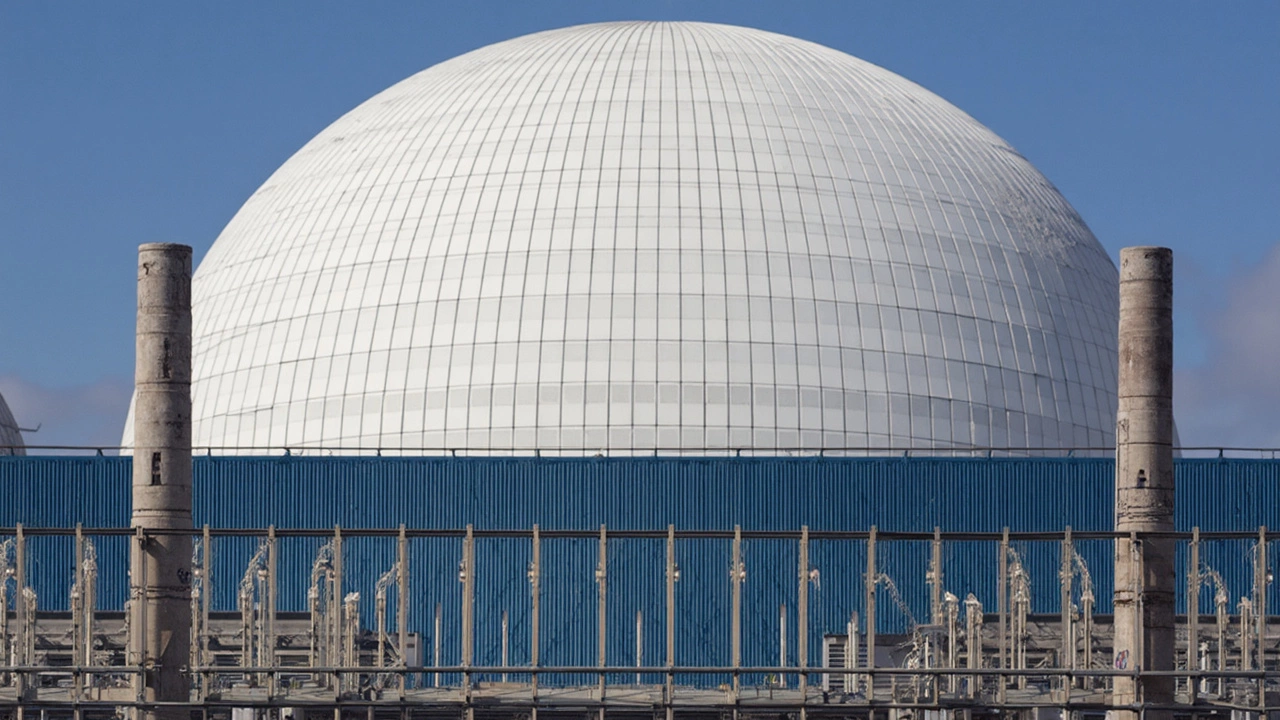UK Infrastructure: Latest Updates and What They Mean for You
Britain’s roads, rails, power grid and public spaces are constantly under the spotlight. Whether you’re planning a holiday, waiting for a new stadium, or just wondering why your energy bill spikes, the headlines matter. Below we break down the most talked‑about infrastructure stories, explain why they matter, and give you practical takeaways.
Transport & Travel Challenges
The August Bank Holiday this year is shaping up to be one of the busiest travel weekends on record. Over 12,000 flights are scheduled, and airports are already warning of delays caused by a mix of air‑traffic‑control shortages and summer storms. If you’re flying, book early, arrive at the airport with extra time, and keep an eye on airline apps for last‑minute changes.
On the rails, the recent UK heatwave is putting extra pressure on tracks and signalling systems. High temperatures can expand rails and cause speed restrictions, meaning longer journey times on key routes. Operators are advising passengers to check real‑time updates and consider flexible tickets when possible.
Meanwhile, the ongoing debate over asylum hotels has highlighted how existing public buildings are being repurposed. Councils in places like South Norfolk are pushing back against Home Office plans to turn hotels into accommodation for single adult asylum seekers, sparking protests and legal battles. These disputes affect local services, parking, and community resources, so stay tuned if you live near a proposed site.
Housing, Energy and Public Spaces
Housing shortages continue to drive big decisions. The Park Hotel in Diss, for example, remains closed to the public while council officials argue over its future use. If the hotel stays shut, it could mean lost jobs and fewer rooms for tourists, impacting the local economy.
Energy infrastructure is also in the news because of the heatwave. Record‑breaking temperatures are driving up electricity demand, especially for cooling. The National Grid is urging consumers to shift heavy‑use appliances to off‑peak times to keep the system stable. Simple steps like running dishwashers at night can help avoid brownouts.
On a brighter note, a new 3,000‑seat ice arena is slated for TraffordCity. The venue will become the home of the Manchester Storm ice‑hockey team and will host public skating, concerts, and community events. If you’re a sports fan, the arena promises fresh entertainment options and could boost local businesses.
Health infrastructure is getting a boost too. From January 2025, England will offer the chickenpox vaccine for free on the NHS as part of the combined MMRV jab. This move aims to protect half a million children a year, reduce hospital visits, and keep schools running smoothly during outbreaks.
All these stories intersect: travel delays affect commuters, housing debates shape community services, and new venues drive local economies. The common thread is that infrastructure touches every part of daily life. Keep an eye on official updates, use flexible travel plans, and support local initiatives whenever you can. That way you stay ahead of the curve and help shape a smoother, more resilient UK.

Canadian Pension Fund Pours £1.7 Billion Into Sizewell C Nuclear Project
La Caisse, Canada's second-largest pension fund, just put £1.7 billion into the UK's Sizewell C nuclear project for a 20% stake. This move boosts a £38bn plan for two EPR reactors, joining stakeholders like the UK government, EDF, Centrica, and Amber Infrastructure. Sizewell C could power millions and help the UK hit its 24 GW nuclear target by 2050.
View more